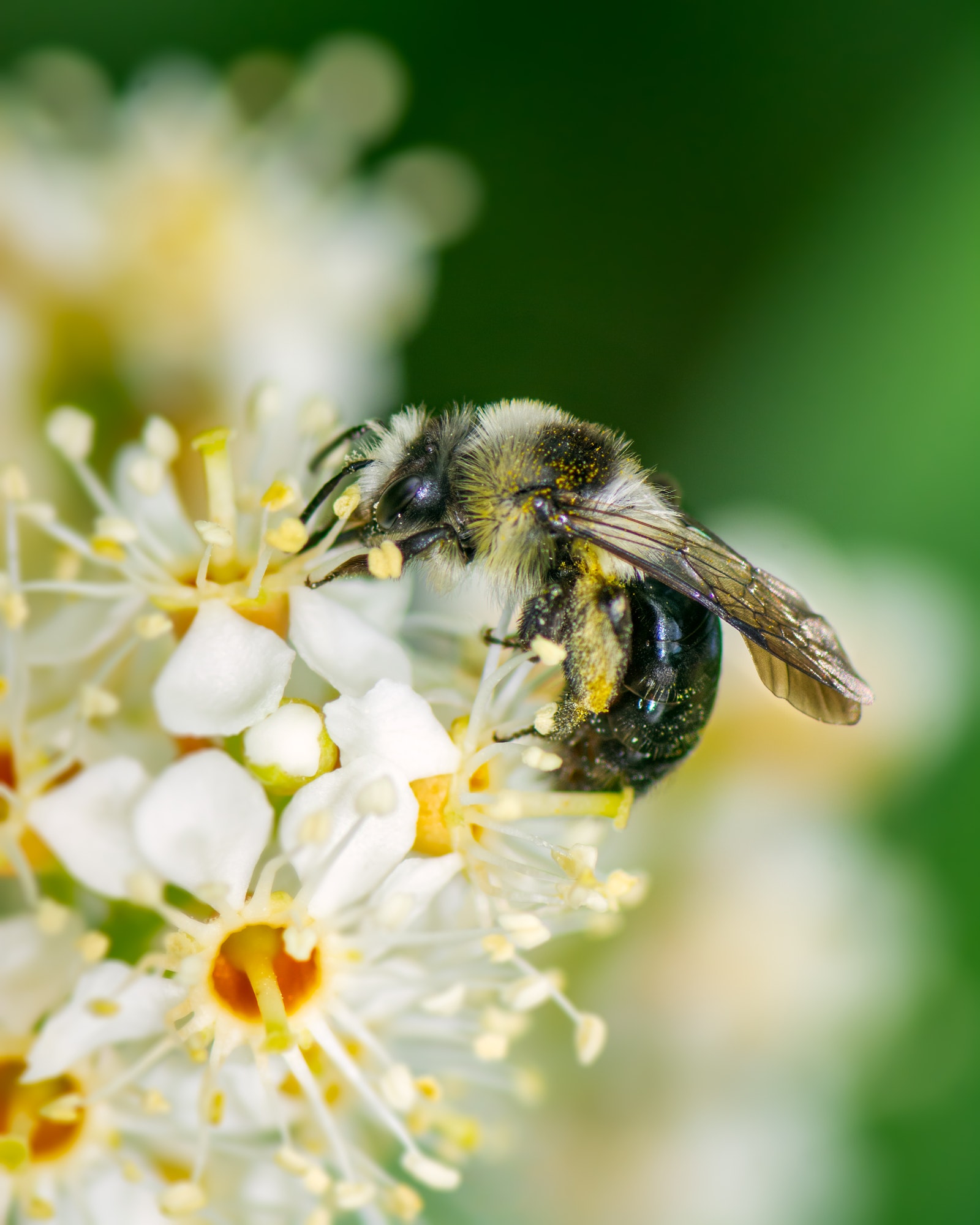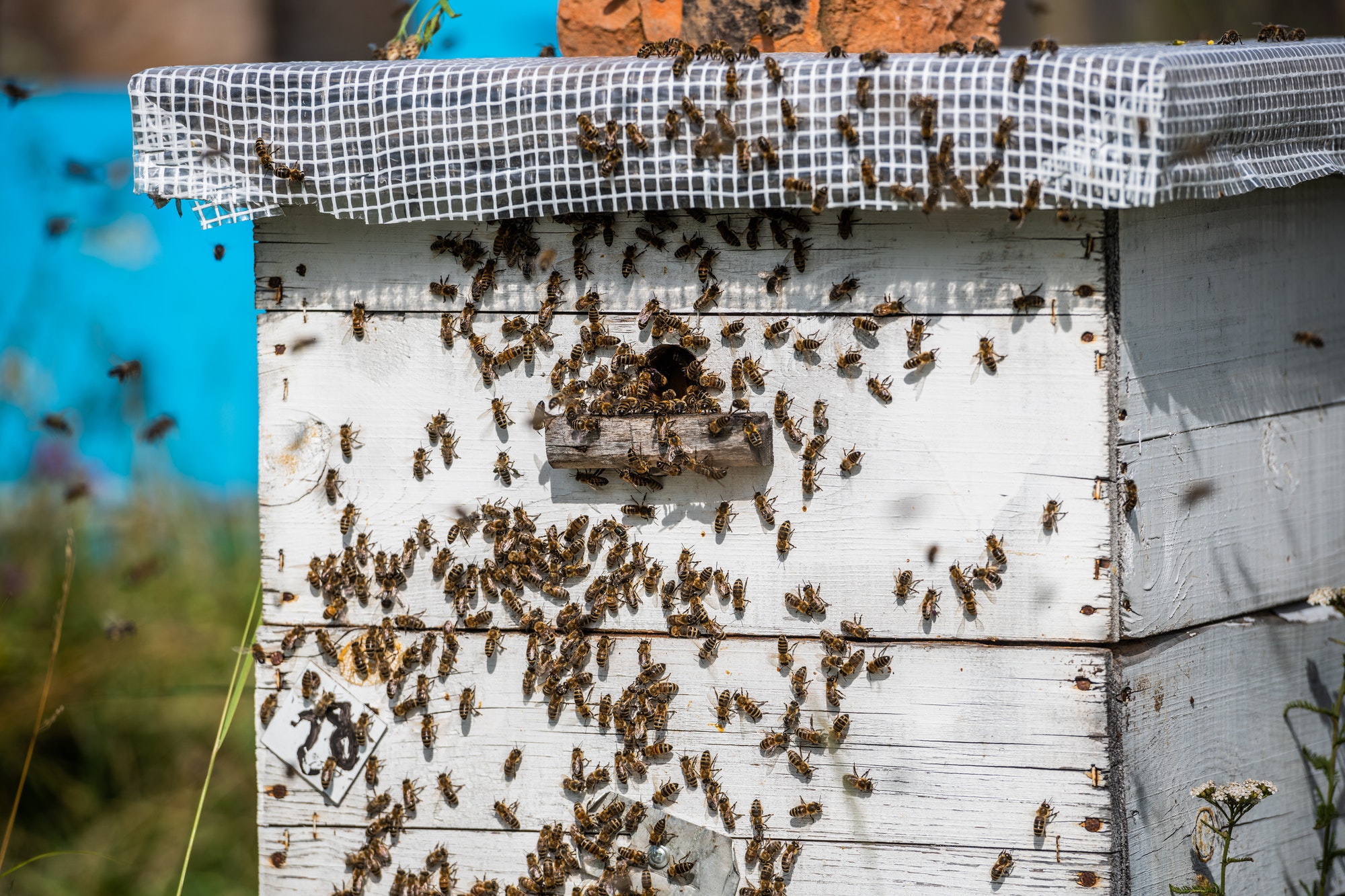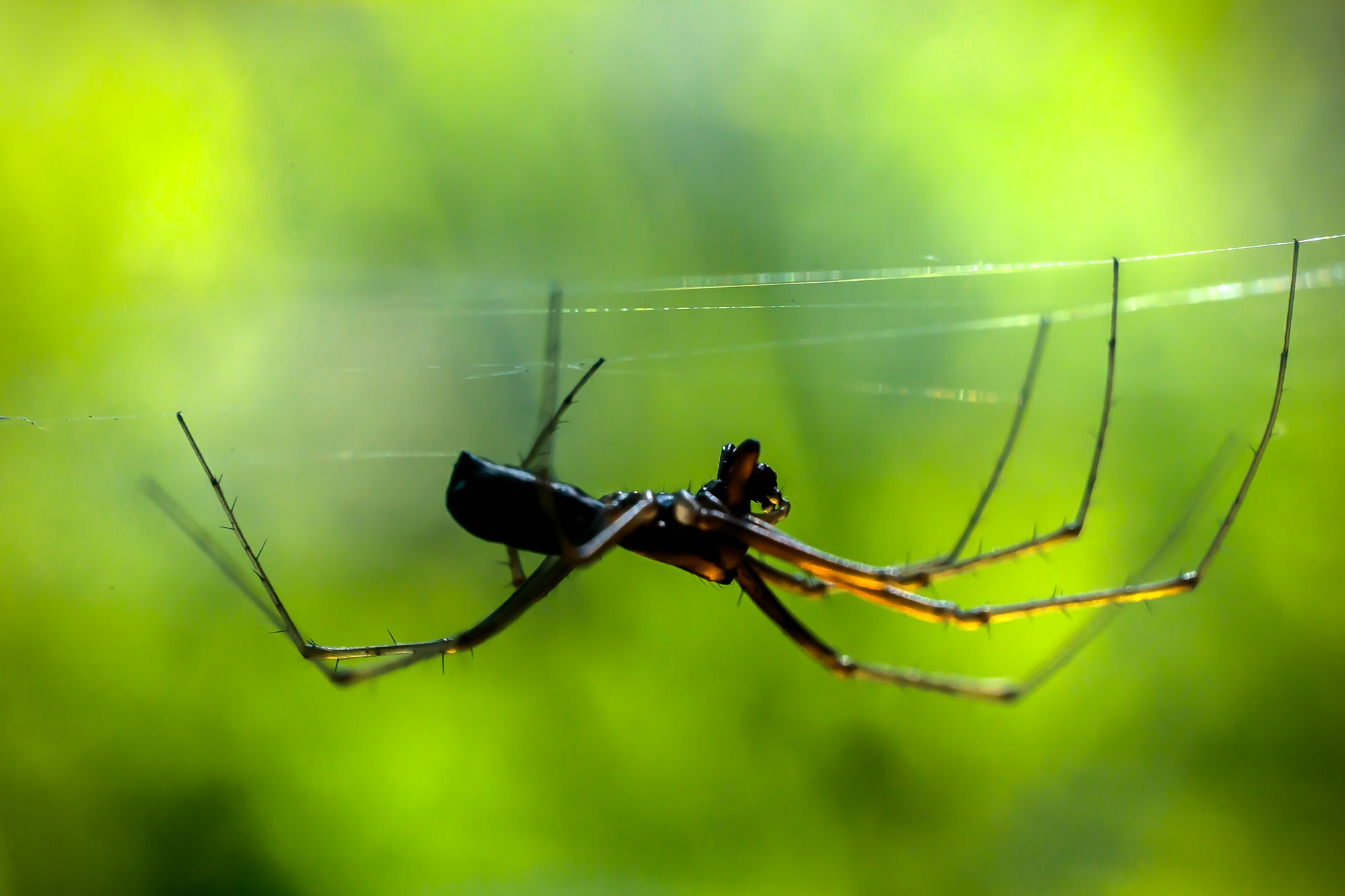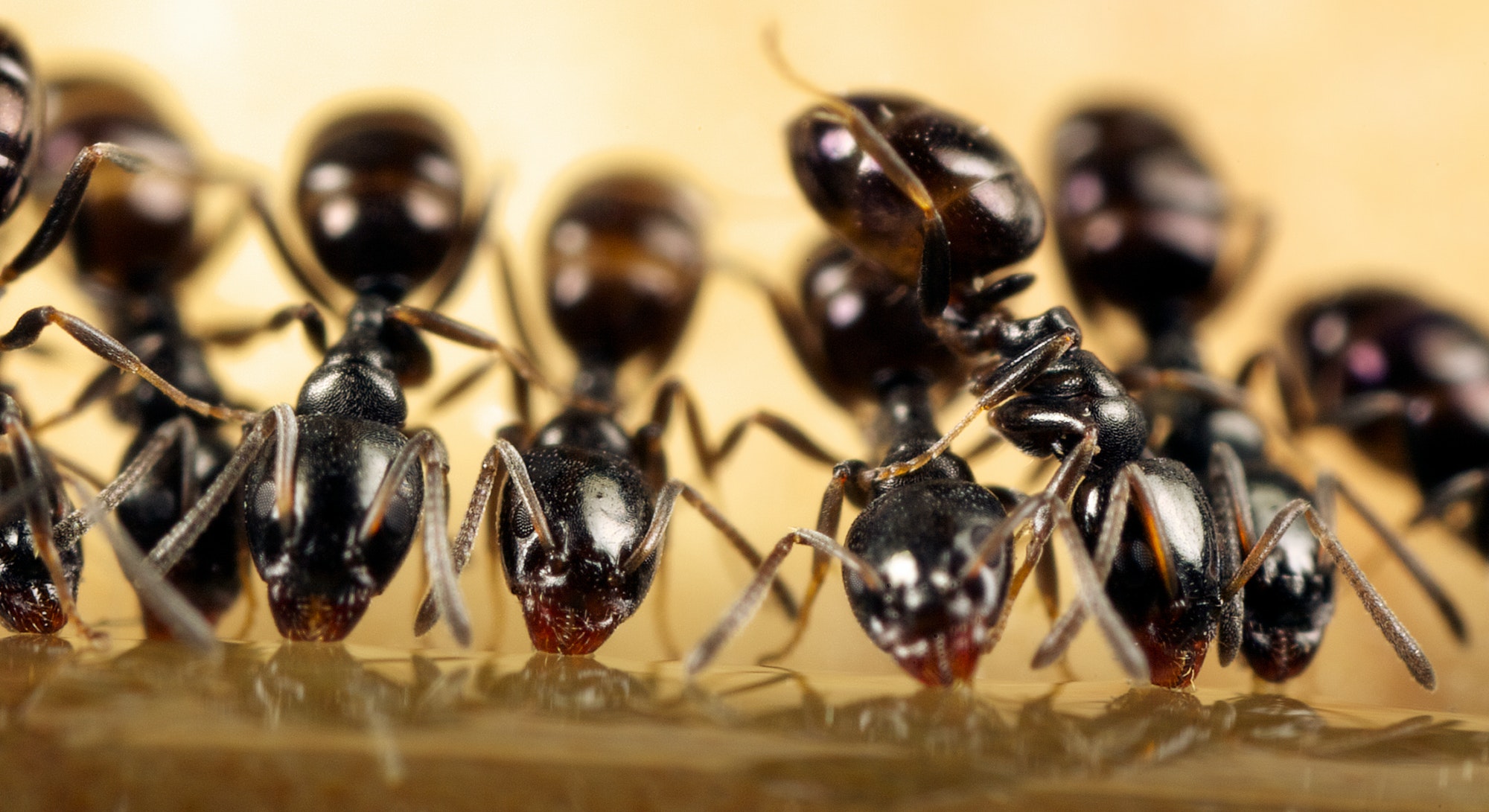Why Bees Are Important For The Ecosystem?
So many people thought bees were just stinging pests that shouldn’t be anywhere but an apiary, and some still do; however, because of their population decline in recent years, bees have been brought into a new light for humans. Bees are, in essence, the backbone of ecosystems. Not only does their expertise in pollination keep the gears of life turning, it’s also essential for almost every crop we know.
Before going into how bees keep our Earth alive and flourishing, let’s take a look at how they pollinate. Just like animals, plants have respective male and female parts; however, according to Deborah Ng (2018), most flowers have both parts. The male part is called the stamen, which is where the pollen is located. The female part is called the pistil, where the pollen goes for reproduction.

Bee’s are covered in hair and fuzz; According to the Department of Entomology at Michigan State University, when a bee lands on a flower, the hairs all over the bees’ body attract pollen grains through electrostatic forces. Stiff hairs on their legs enable them to groom the pollen into specialized brushes or pockets on their legs or body, and then carry it back to their nest (para. 2).
In the honey process, bees prefer to stick to one type of flower to collect nectar from at a time; consequently, more flowers are pollinated through bees dropping off pollen when they take nectar, as flowers only pollinate with the same species (MSU Department of Entomology, n.d.). Bees are not the only pollinators Earth has, but their anatomy and purpose makes them the most efficient ones.

Pollination is crucial for ecosystems because it keeps plant life alive. Plants are the base source of energy in an ecosystem, and without them, an ecosystem would crash. If bees aren’t pollinating plants, then new plants aren’t growing; if new plants aren’t growing, then herbivores eventually run out of food; if herbivores eventually run out of food, then carnivores run out of food. The complex chain reaction and circle of life in an ecosystem all relies on whether or not plants grow and breed; all of which is based on the humble bee.
According to Friends of the Earth (2017), 76% of plants preferred by bumblebees have declined in recent decades, with 71% seeing contractions in their geographical range. Not only is the population decline devastating to our ecosystems, it is devastating to our food crop as well. In fact, The Intergovernmental Science-Policy Platform on Biodiversity and Ecosystem Services (IPBES) claims that “More than 90% of the leading global crop types are visited by bees.” (pg 28). Farmers need bees to provide us with an adequate, nutritional food source; Bee pollination not only helps crops grow, but it provides the food with essential micro-nutrients such as Vitamin A, iron, and folates (IPBES, 2017, pg 22-31).
Bees are crucial for our environment and ecosystems. They keep plant life thriving and continue the cycle of energy in ecosystems, and provide humans with plentiful and nutritious crop. There are most likely still individuals who believe bees are of no importance, but with the declining crop and plant life I would urge them to revise their opinion. Humans are responsible for a vast majority of bee decline, so it is our job to now conserve them. Whether it be online donations to bee conservation programs or a simple garden to support hive life, any little bit helps our ecosystems get a step closer to stability. (The Honeybee Conservancy, n.d.).
Author: Arben Dardovski
Loyola University of Chicago
Sources
- Sources: https://www.greenpeace.org/usa/sustainable-agriculture/save-the-bees
- http://www.pthomeandgarden.com/5-ways-bees-are-important-to-the-environment








